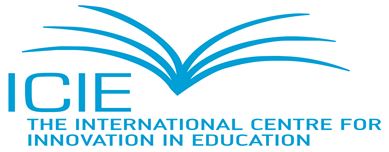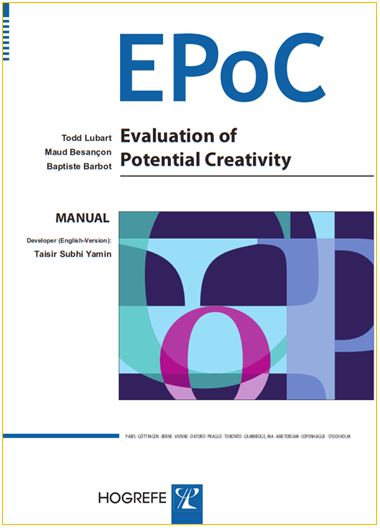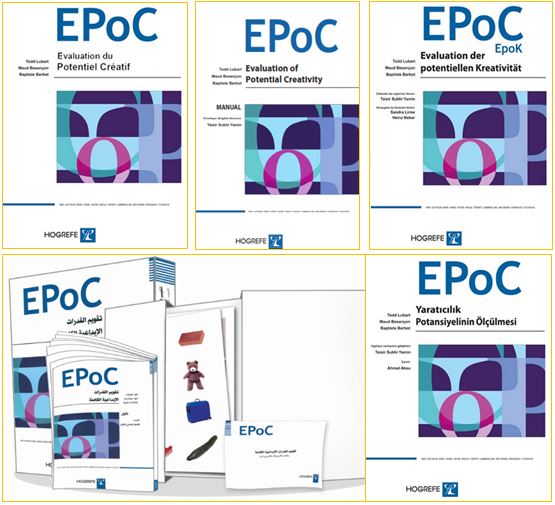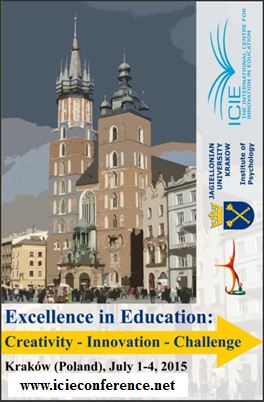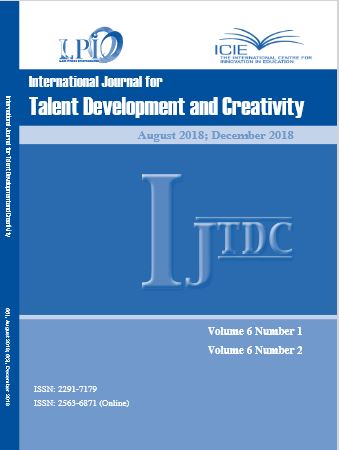This battery, Evaluation of Potential Creativity (EPoC), is a new instrument that allows creative giftedness to be measured. It includes verbal and graphic sub-tests that measure the two key modes of creative cognition—divergent-exploratory thinking and convergent-integrative thinking—in elementary and middle-school students. Psychometric results concerning the instrument were developed, as well as an original, internet-based scoring system that enhances inter-rater reliability is under construction. It is a comprehensive evaluation tool that combines an approach to creativity by domain and by mode of thought, allowing a profile of creative potential to be assessed. The EPoC system provides opportunities to add additional domains to the assessment (e.g., social domain and the musical domain, currently under development). EPoC includes a training program for evaluators to facilitate test use and scoring.The battery, developed initially with a sample of French school children, can be used as an efficient diagnostic tool to identify creative potential and to monitor progress, using pre-tests and post-tests, in educational programs designed to enhance creativity. EPoC is available in five languages, including: French; English; Arabic; Turkish; and German. In the second phase of this project, the instrument will be available in other languages.
Contact Us:
If you: Are interested in EPoC; wish to introduce it to your country; would like to translate it into your language/ are willing to take part in the cross-cultural studies; and/ have a question.
